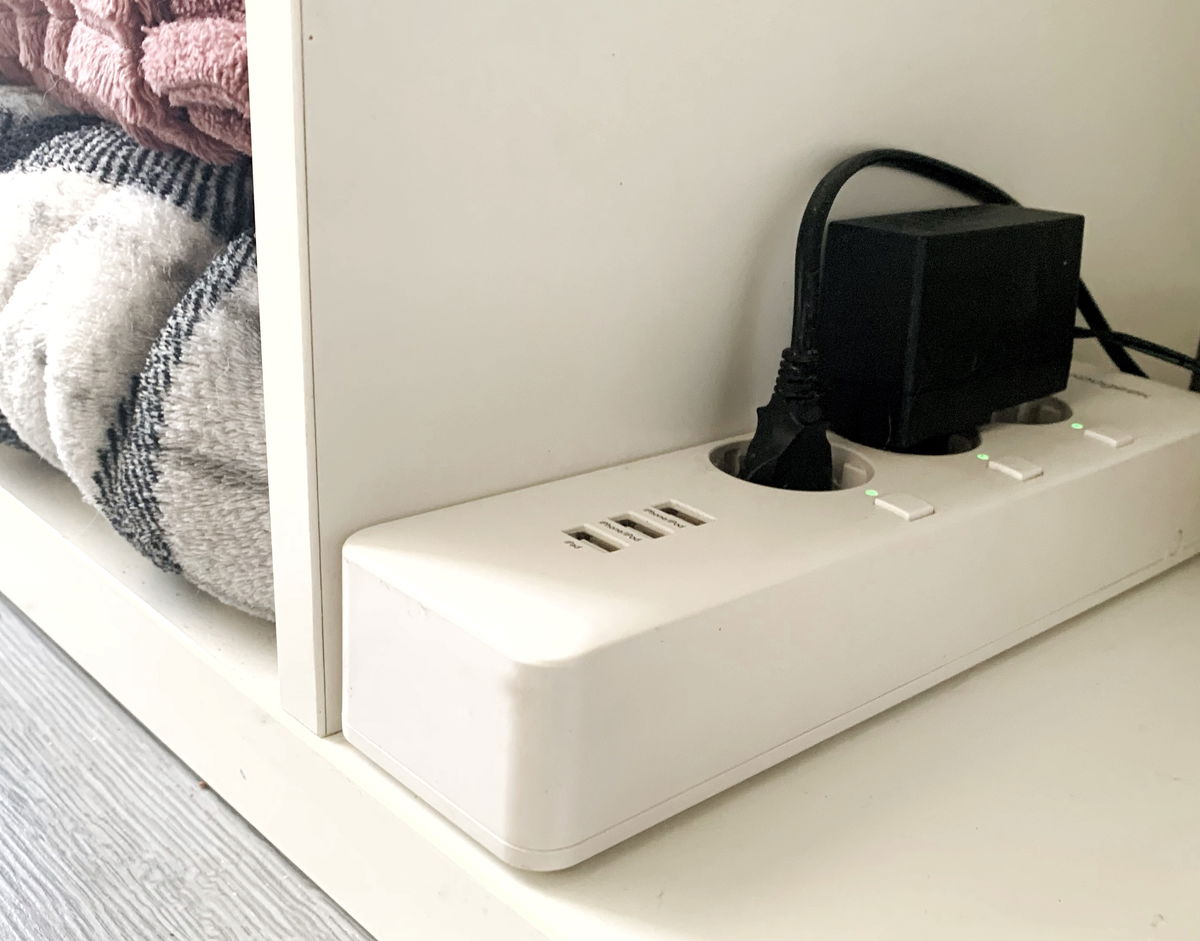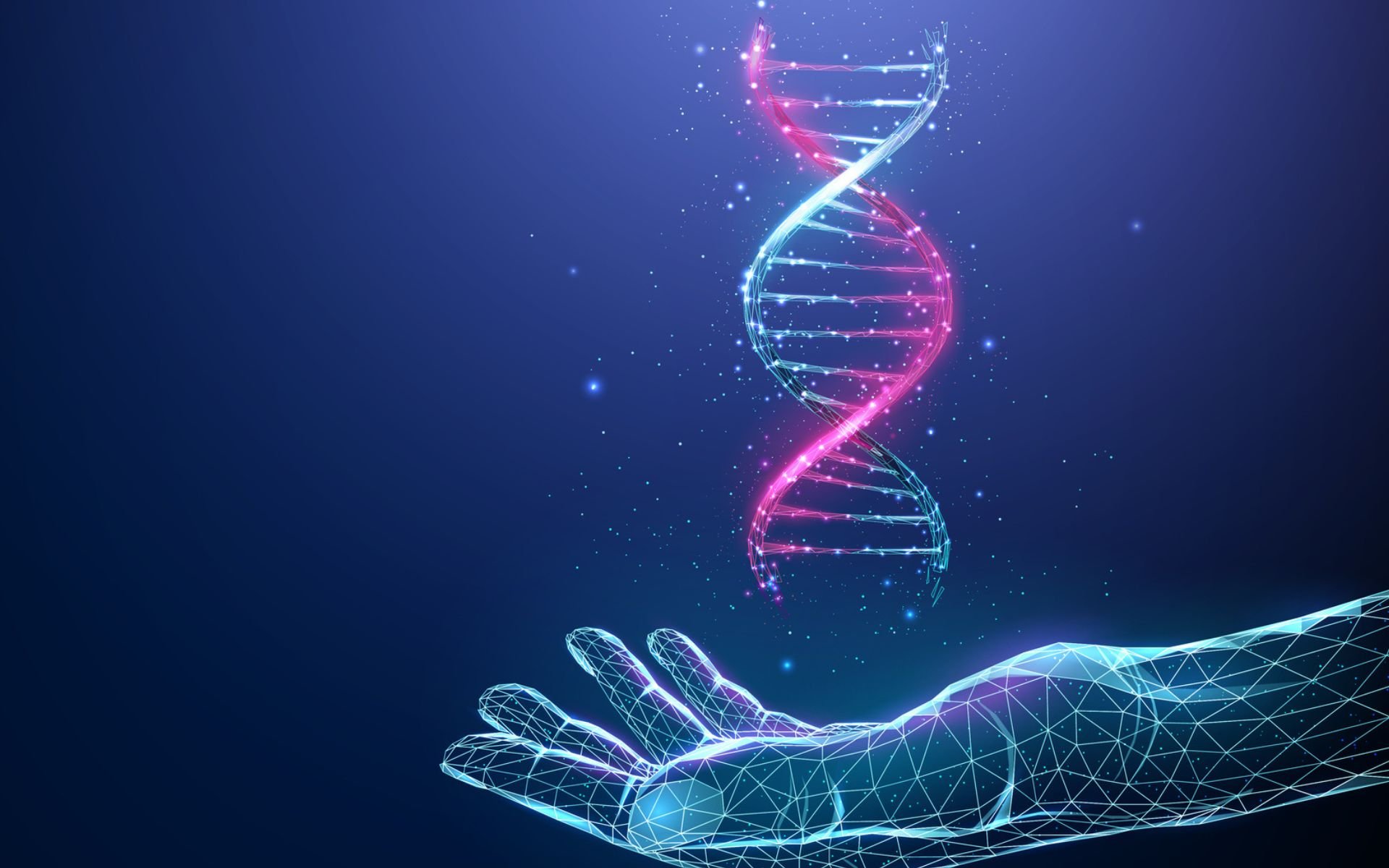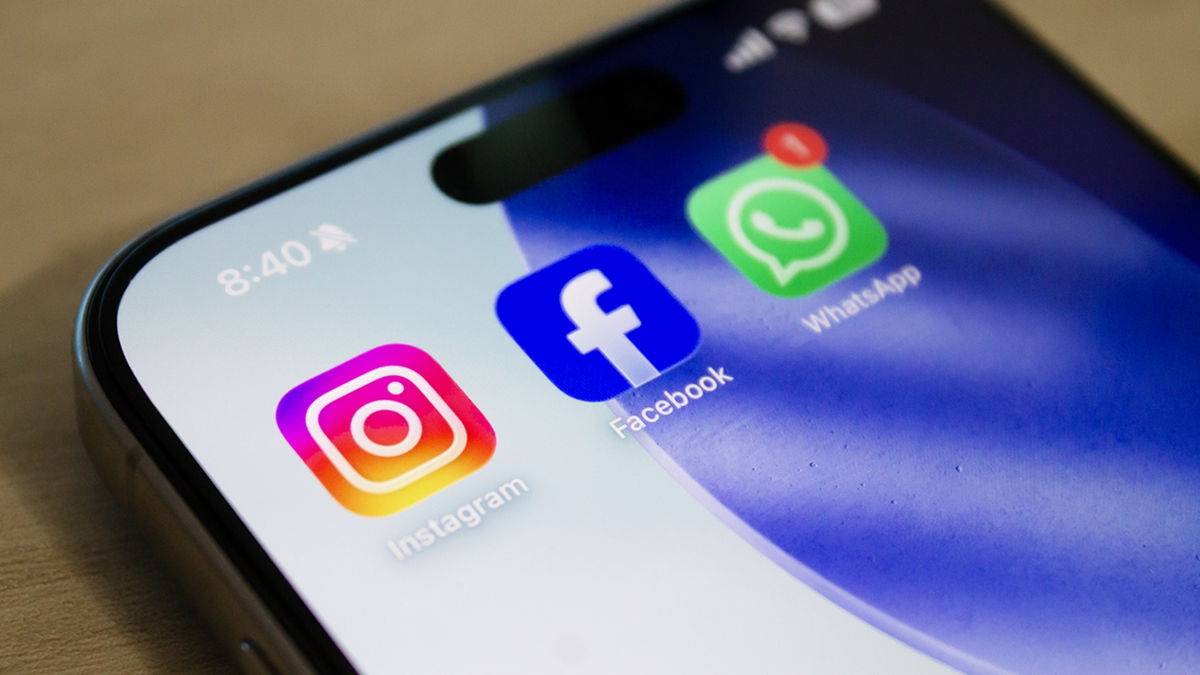After the company Genetic testing 23andMe recently announced that nearly 7 million people were victims of a security breachmany users were worried. After all, what can hackers do with the information obtained from your DNA ancestry tests?
In principle, a DNA sequence consists of a series of letters (A, C, G and T) that represent the primary structure of a molecule or Deoxyribonucleic Acid chain capable of carrying information about an individual. Arrays are normally printed side by side, five to three, and without spaces. For example, something like AAAGTCTGAC.
Although the DNA record leak has not been reported, the situation is worrying because if users’ address, telephone and credit card information is disclosed, there is always the possibility that this information can be quickly changed. So how can you change the sequence of your genetic material without destroying some of it?
Can a person be identified through DNA data?
While it is very difficult to identify a person based on their genetic information alone, the risk is that this information is present together with other data such as their medical history, date of birth or zip code. this is usually the data these home genetic testing companies request.
According to Hank Greely, director of the Center for Law and Biological Sciences at Stanford School of Medicine, “if it’s accompanied by health information, we can tell that this is a 39-year-old, 5-foot-11 female from Westchester County.” I am tall, have blue eyes, and have cystic fibrosis; It wouldn’t be that hard for someone to find you,” he said in an interview with NBC News.
What could someone do with the information in your DNA?

It seems like the big question here is: Why would anyone outside of healthcare and research be interested in your DNA? Except for busybodies, perhaps the best candidates for this genetic information are insurance companies and unscrupulous employers.
Following this logic, an insurance company could theoretically deny membership in a health insurance plan if your genetic profile indicates a potential risk for heart disease. But even this case is protected by law, at least in the United States, where the Genetic Information Nondiscrimination Act has been in effect since 2008.
It makes sense that laws can be changed mainly to protect large corporations. genetic testing tends to become increasingly advanced. But today, in addition to legal setbacks, a DNA voyeur still has two challenges: First, actually knowing what that information says about you, and then figuring out how you can make money or advantage from it.
Is there anything you want to ask? Tell us on our social networks and get the opportunity to share the article with your friends who love topics like this.
Source: Tec Mundo
I’m Blaine Morgan, an experienced journalist and writer with over 8 years of experience in the tech industry. My expertise lies in writing about technology news and trends, covering everything from cutting-edge gadgets to emerging software developments. I’ve written for several leading publications including Gadget Onus where I am an author.













